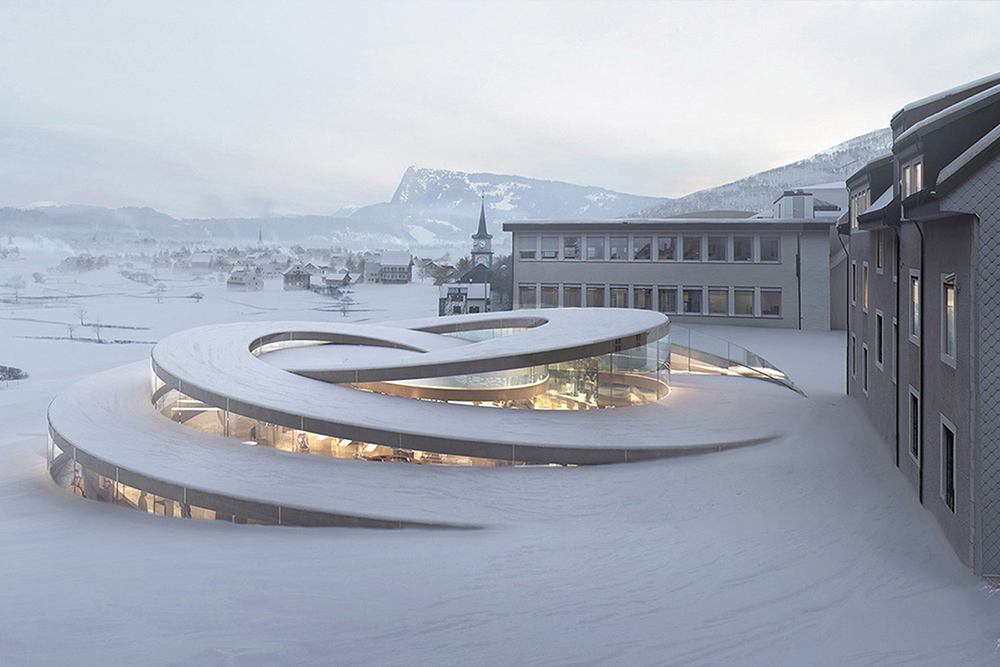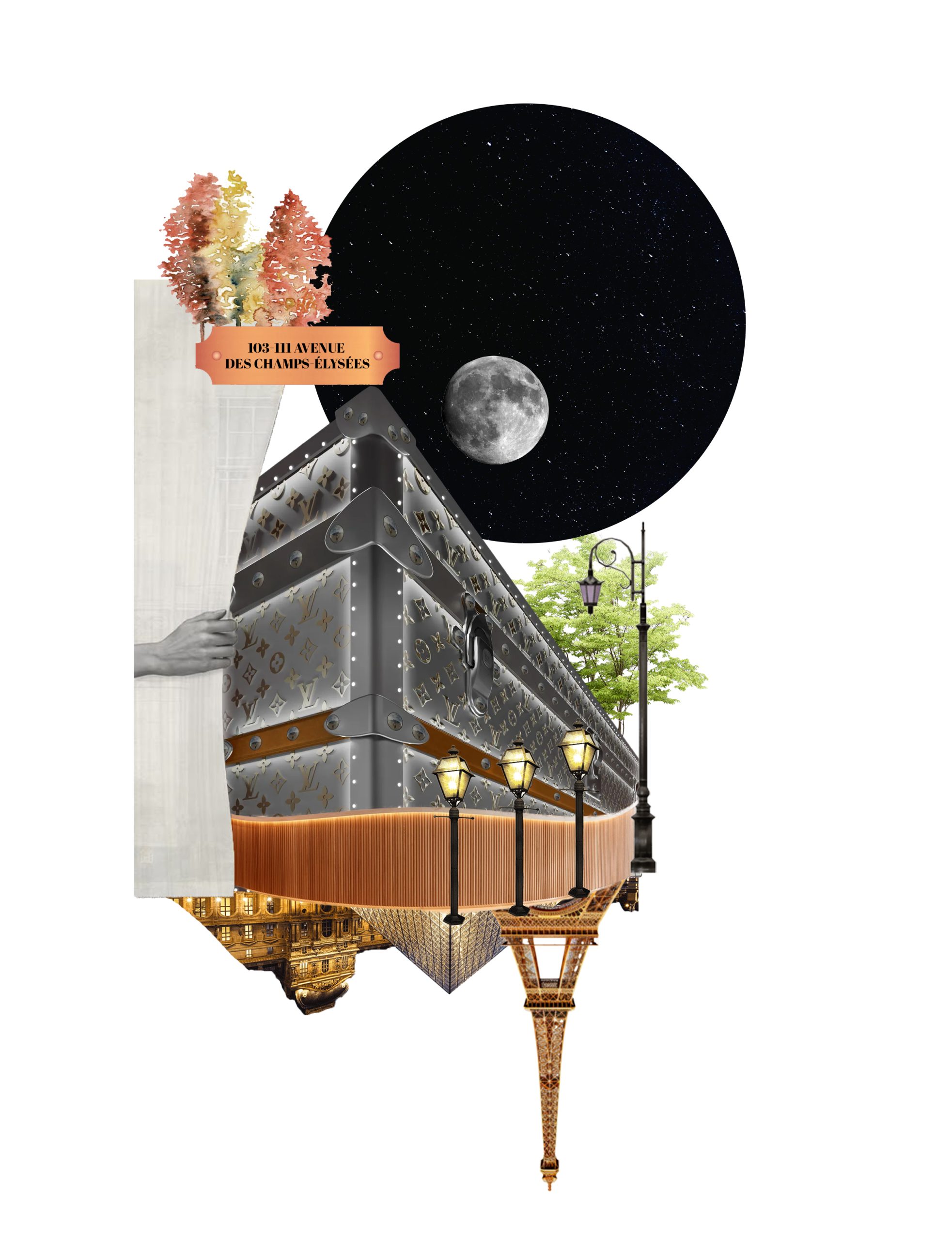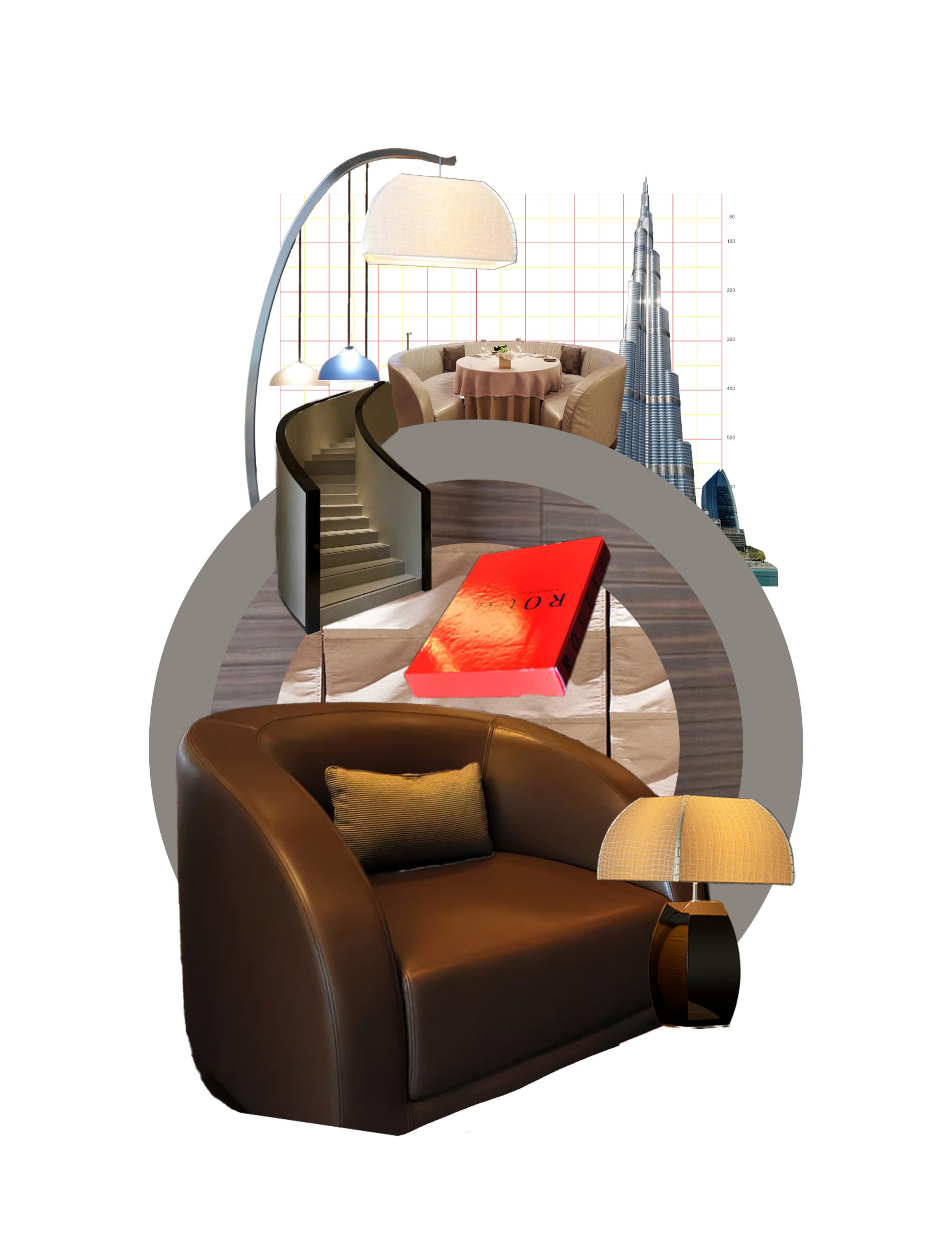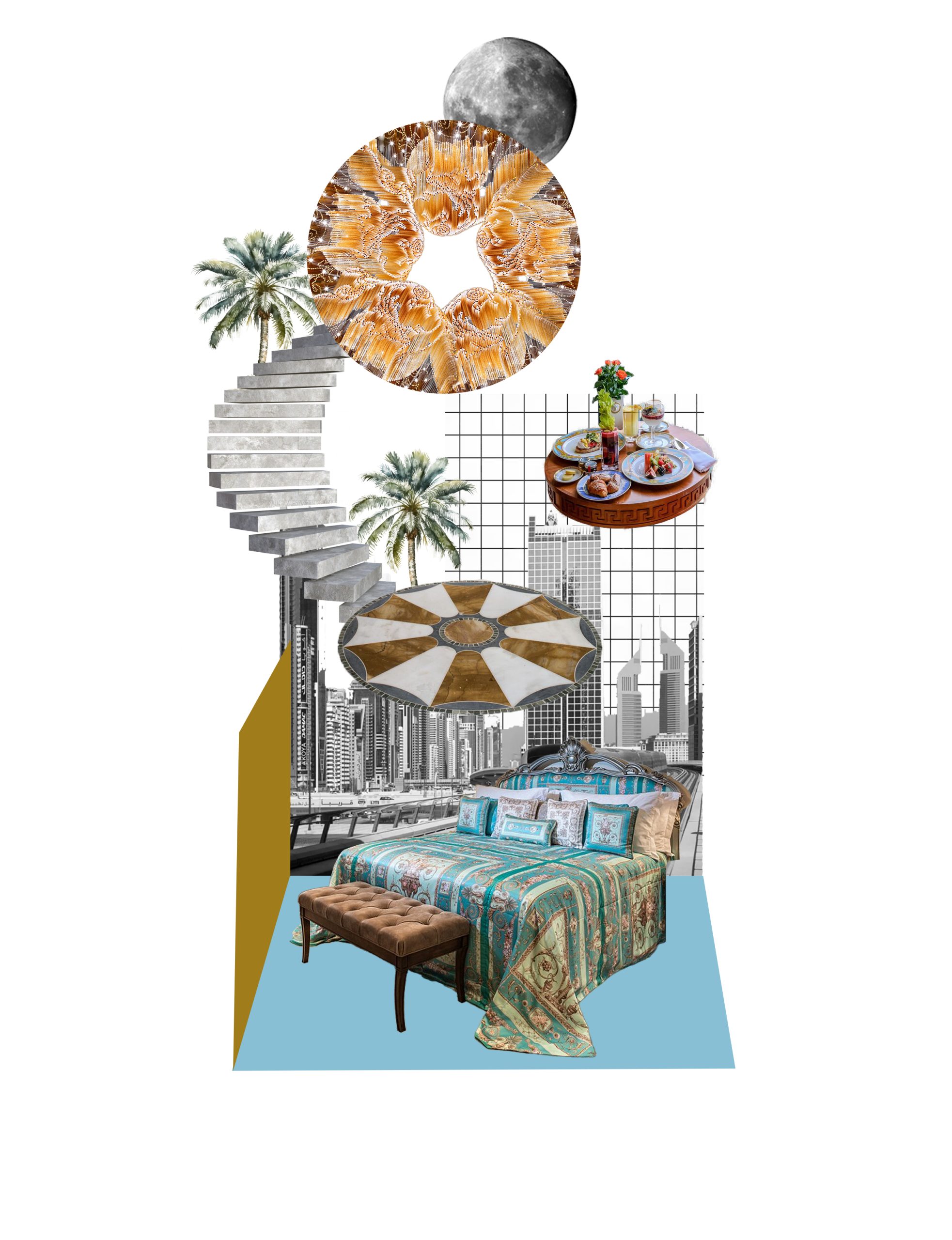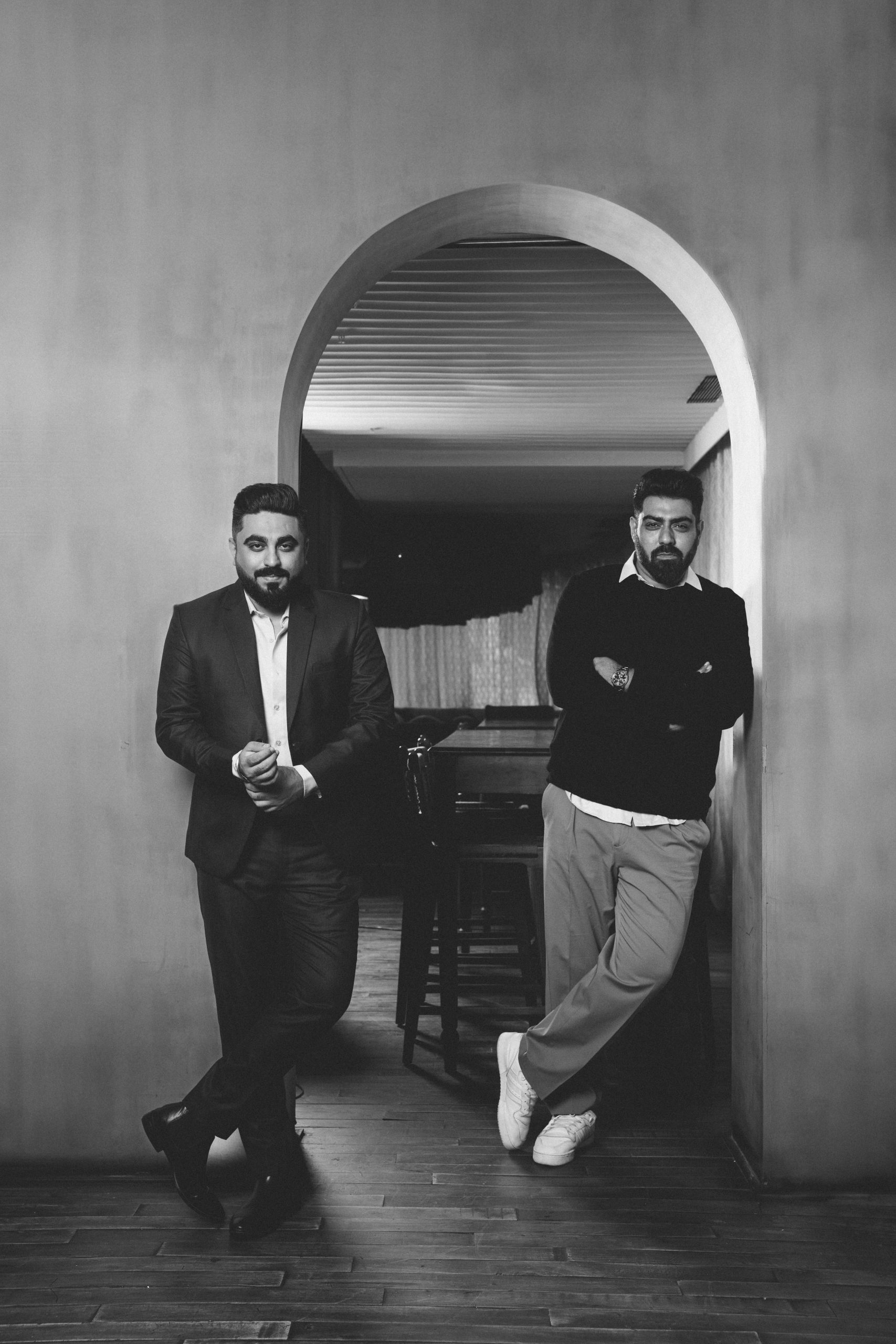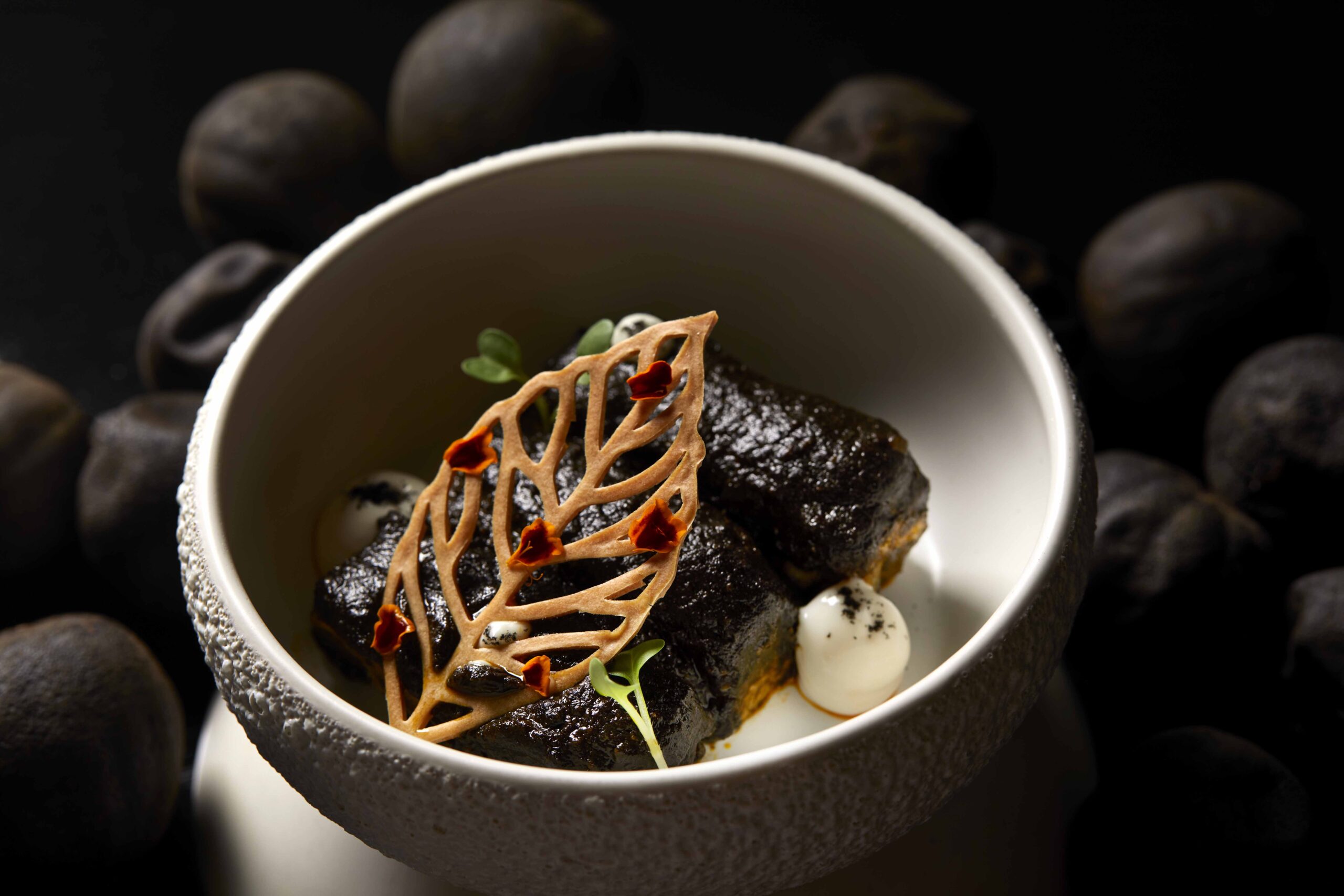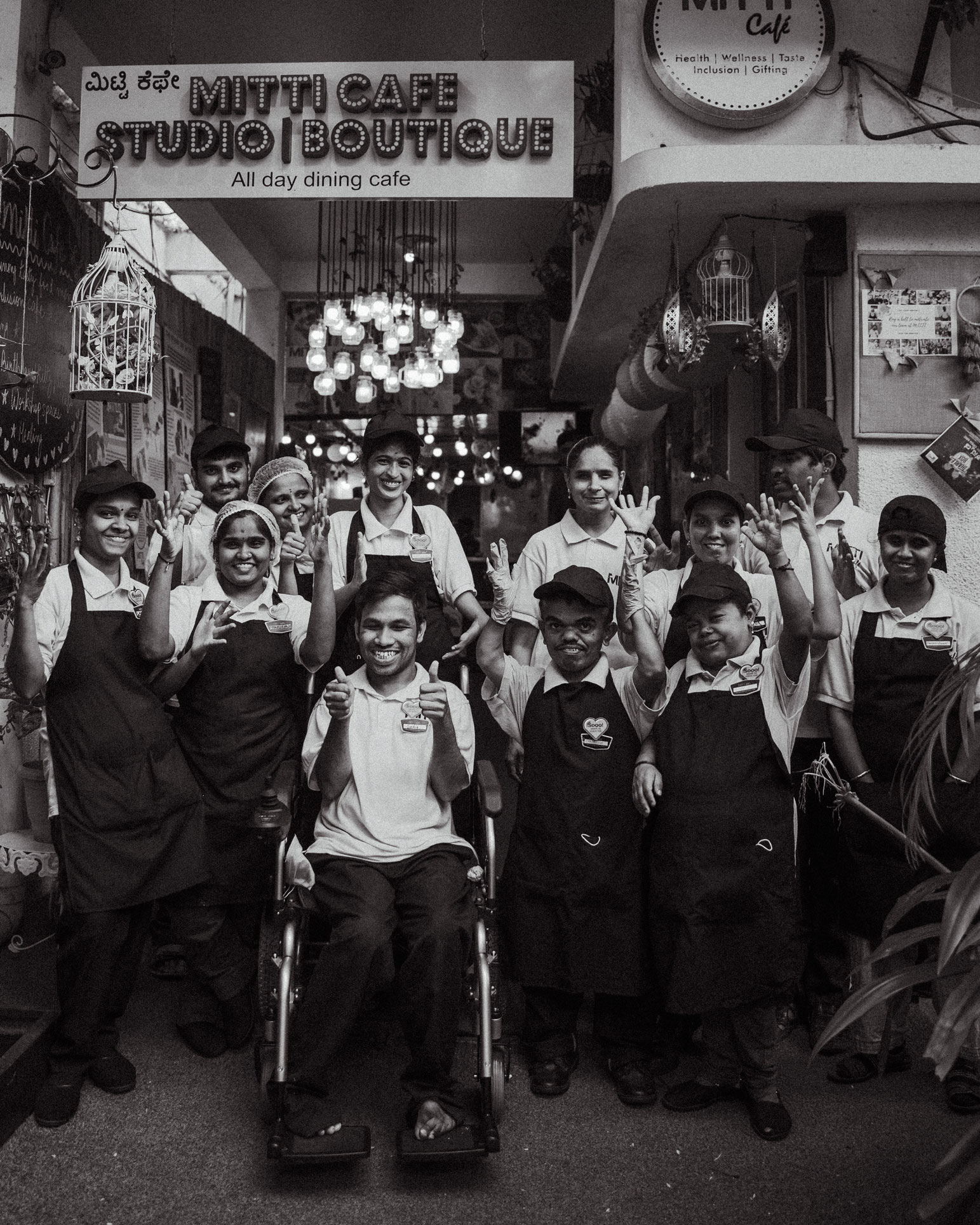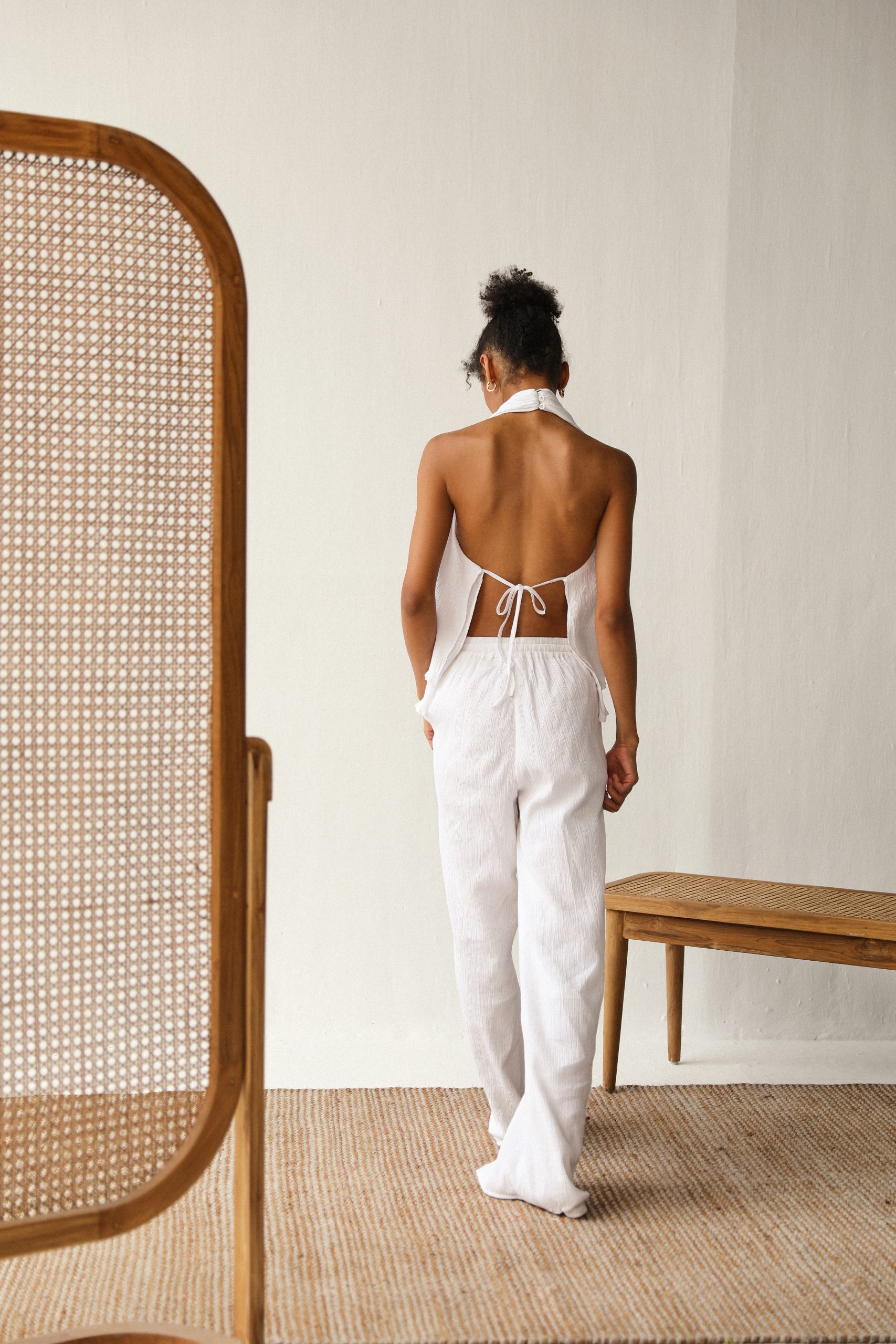The Luxurious Fusion of Fashion and Hospitality
In recent years, the boundaries between the hospitality and luxury sectors have increasingly converged, driven by global diversification and the growing demand for emotional engagement. Luxury brands are no longer confined to fashion alone — they are reinventing themselves to become integral parts of their customers’ lifestyles. This evolution has led many renowned fashion houses to expand into the hospitality industry, offering high-end accommodations and distinctive F&B establishments that merge their renowned aesthetics with personalised, immersive experiences.
The fusion of fashion and hospitality has started to make monumental waves in India, particularly within the luxury sector, as prestigious brands expand beyond couture into curated lifestyle experiences. Global fashion houses like Armani, Versace, and Bulgari have already left their mark on the world of high-end hotels, and now, this trend is finding fertile ground in India’s flourishing luxury market. For Indian brands and international labels with a foothold in the country, this shift offers an opportunity to cater to a growing class of affluent consumers who seek all-encompassing luxury. By blending style with bespoke hospitality, this movement is poised to redefine luxury living in India, further positioning the nation as a key player in the global luxury landscape
The Karl Lagerfeld, Macau
This five-star establishment, located within the Grand Lisboa Palace Resort Macau, is the only hotel in the world entirely designed by the late Karl Lagerfeld. The property seamlessly integrates eastern and western aesthetics, reflecting Lagerfeld’s artistic vision — with 271 meticulously designed rooms and suites, a Michelin-starred restaurant helmed by chef José Avillez, a spectacular Book Lounge, and a comprehensive spa and wellness centre. Lagerfeld’s enthusiasm for art is evident throughout the property, featuring commissioned sculptures by Dutch artist Marcel Wanders and French artist Jean-Michel Othoniel, making the hotel a veritable gallery of contemporary art.
Fashion houses reimagine escape through form and function
Audemars Piguet’s Eco-Conscious Hotel in Switzerland
Audemars Piguet has also entered the hospitality arena with the Hôtel des Horlogers in Vallée de Joux, Switzerland. Opened in May 2022, this 50-room hotel is sensitively designed to decompose back into the landscape, with interiors made
from natural and biodegradable materials. The hotel, while discreet about its watchmaking heritage, offers a truly exclusive experience, complemented by the adjacent Musée Atelier Audemars Piguet, which houses over 300 watches and offers
a five-hour watchmaking master class.
Design-driven and diversification strategy through stays by Louis Vuitton
The Louis Vuitton Hotel, Paris
A paragon of this trend is Louis Vuitton, a name synonymous with elegance and sophistication. They are poised to redefine luxury in the hospitality domain with the transformation of its Paris headquarters at 103 Champs-Élysées into an opulent hotel by 2026. Luxury hospitality will find a new benchmark here, driven by their bold diversification strategy. The hotel’s design is rumoured to evoke a giant Louis Vuitton briefcase, adorned with the brand’s signature buckles and trims, promising to become a destination in its own right.
FILA House, Shanghai
FILA, celebrated for its sporty yet chic fashion, is also making a significant entry into the hospitality sector. In collaboration with Hyatt, the brand is expected to unveil an experience that reflects their free-spirited attitude with its FILA House in Shanghai this year — exemplifying how luxury brands are forging new paths for consumer experiences.
Fendi Beach Club and Paul Smith’s Suite
The evolution of luxury hotels also point to the formation of cultural hubs and lifestyle destinations. This transformation is driving innovative collaborations, such as the Fendi Beach Club in Marbella’s Puente Romano — where vibrant colours and prints make a nod to a Fendi summer capsule collection.
For The Sir Paul Smith Suite at Brown’s Hotel in London, British designer Paul Smith, in collaboration with Olga Polizzi, Director of Design at Rocco Forte Hotels, has curated a unique suite. It features custom and vintage furniture, hand-selected artworks, and pieces from Smith’s debut home collection — providing guests with an immersive experience of his distinctive aesthetic.
Iconic brands shape hospitality with style and memory
Armani/Caffè, Mumbai
Armani has brought its luxurious Italian dining concept to India with the launch of Armani/Caffè at Jio World Plaza, Mumbai. The 52-seater café, located next to the Giorgio Armani boutique, features a tranquil design in soft hues of blue and green. As
a thoughtful exploration, the menu highlights Italian classics, including Giorgio Armani’s favourite dishes, such as Carpaccio di Gamberi and Maiale Con Tonnato, alongside Roman-style pizzas. The café also offers a curated selection of 52 premium wines, that come in straight from Italy.
The Blue Box Café and Ralph’s Coffee
The diversification of luxury brands into the hospitality sector is not confined to hotels alone. Tiffany & Co. has launched The Blue Box Café at Harrods in London, offering an elegant dining experience inspired by the brand’s iconic jewellery.
Ralph Lauren’s Ralph’s Coffee has become a popular destination in major cities like New York and London, blending the brand’s classic American style with a sophisticated European café atmosphere. The extension of brand identities foraying into short-term experiences offer a chance of long-lived memories, and these brands are tapping into this immense potential of engagement.
Trickle down effect of couture into comfort living
Versace and Other Fashion Icons in Luxury Hotels
Since the opening of Palazzo Versace in Australia in 2000, leading fashion and jewellery brands have continued to launch dedicated suites and stand-alone hotels worldwide — like the Baccarat Hotel in New York, the Bulgari Hotel in London and Paris, The Ritz’s Suite Coco Chanel in Paris, and the Dior Spa at various five- star properties across the world, and more.
The expansion of luxury brands into the hospitality sector is not entirely unprecedented. Historically, these brands have leveraged their reputations to enter new product categories, such as perfumes, accessories, jewellery, and eyewear. However, the recent trend of global brands branching into hospitality represents a modern evolution, fuelled by the increasing demand from luxury consumers — particularly younger generations — for holistic experiences that lend more value than mere ownership of luxury goods.
This calculative expansion is not just diversification, but a redefinition of what luxury means, symbolising these brands as innovators of comprehensive, high-end experiences. Nowhere does this hold more potential than in India, where an exponentially growing class of high net worth consumers are fuelling a demand for curated luxury experiences that blend tradition with contemporary elegance.
Words by Anithya Balachandran.
Collages by Tanya Chaturvedi.
